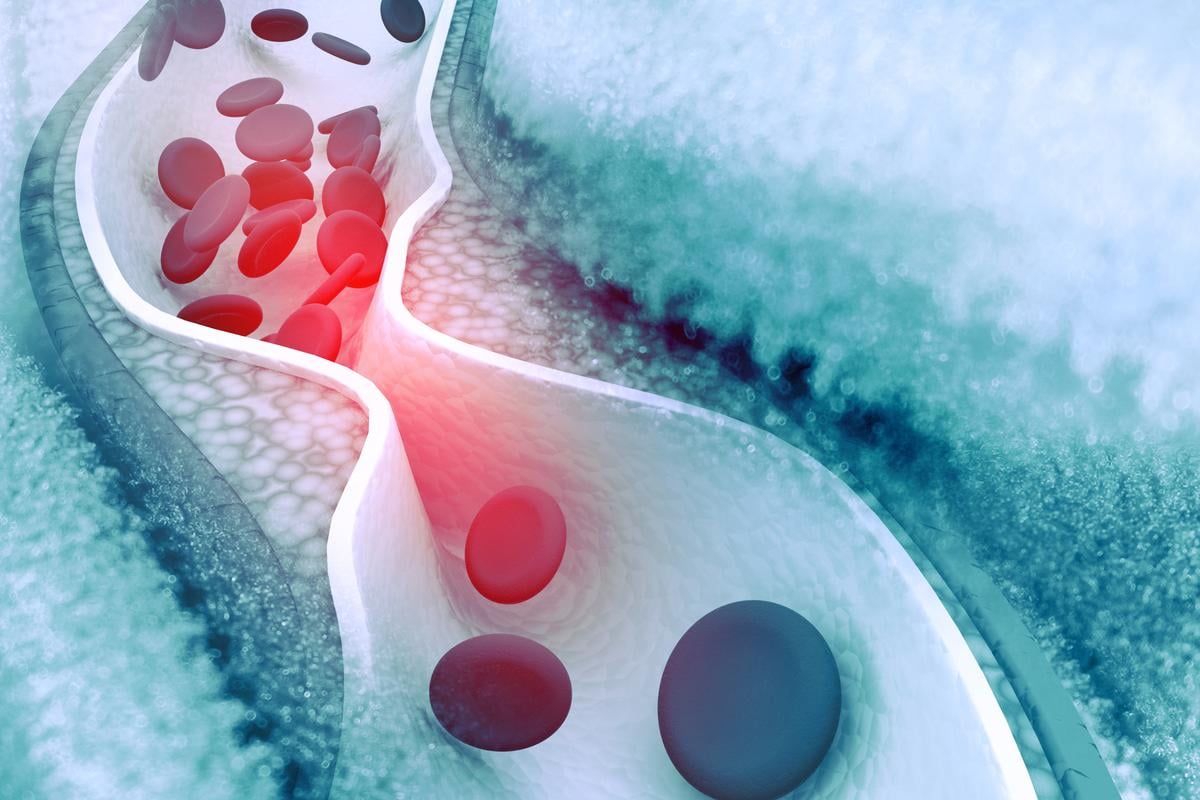Authors say inverse association may be explained by hyperinsulinemia
By Lori Solomon HealthDay Reporter
WEDNESDAY, Sept. 4, 2024 (HealthDay News) — There is an association between genetically predicted increased insulin concentrations and decreased concentrations of circulating lipoprotein(a) (Lp[a]), according to a study published online Aug. 29 in Cardiovascular Diabetology to coincide with the European Society of Cardiology Congress 2024, held from Aug. 30 to Sept. 2 in London.
Mateusz Lejawa, from the University of Silesia in Katowice, Poland, and colleagues examined the relationship between genetically predicted insulin concentrations and Lp(a) levels. The analysis included genetic variants strongly associated with fasting insulin levels from meta-analyses of genome-wide association studies in European populations (151,013 individuals) and summary-level data for Lp(a) from 361,194 participants in the U.K. Biobank.
The researchers found that genetically predicted fasting insulin levels were negatively associated with Lp(a) levels (β = −0.15). A sensitivity analysis supported a causal relationship between genetically predisposed insulin levels and Lp(a) using the weighted median method (β = −0.26), but not the Mendelian randomization-Egger method (β = −0.22).
“These findings suggest that hyperinsulinemia, which typically accompanies type 2 diabetes, can partially explain the inverse relationship between low Lp(a) concentrations and an increased risk of type 2 diabetes,” the authors write. “Further studies are needed to validate and establish the exact mechanism behind this relationship.”
Copyright © 2024 HealthDay. All rights reserved.








